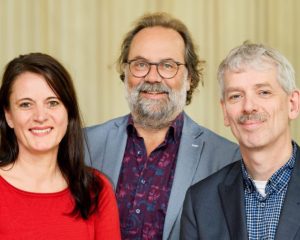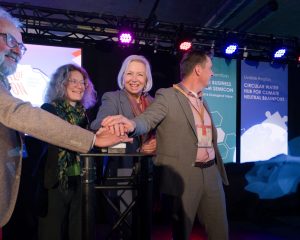Eindhoven Engine, the innovation accelerator of the Brainport region, is launching seven new innovation projects. These projects in the fields of energy, health and smart mobility will undertake research in the coming years with a total budget of almost 17 million euros, to which Eindhoven Engine is contributing a total of over 2.4 million euros. The investment for the Eindhoven Engine OpenCall 2022 comes from the Brainport Region Deal.
The seven projects can bring their innovations to market faster by continuing their research within Eindhoven Engine, collaborating on the Eindhoven Engine co-location on the TU/e campus, and building the internal community together. The new projects have the time until 2025 to use the impetus from Eindhoven Engine to further develop their innovations.
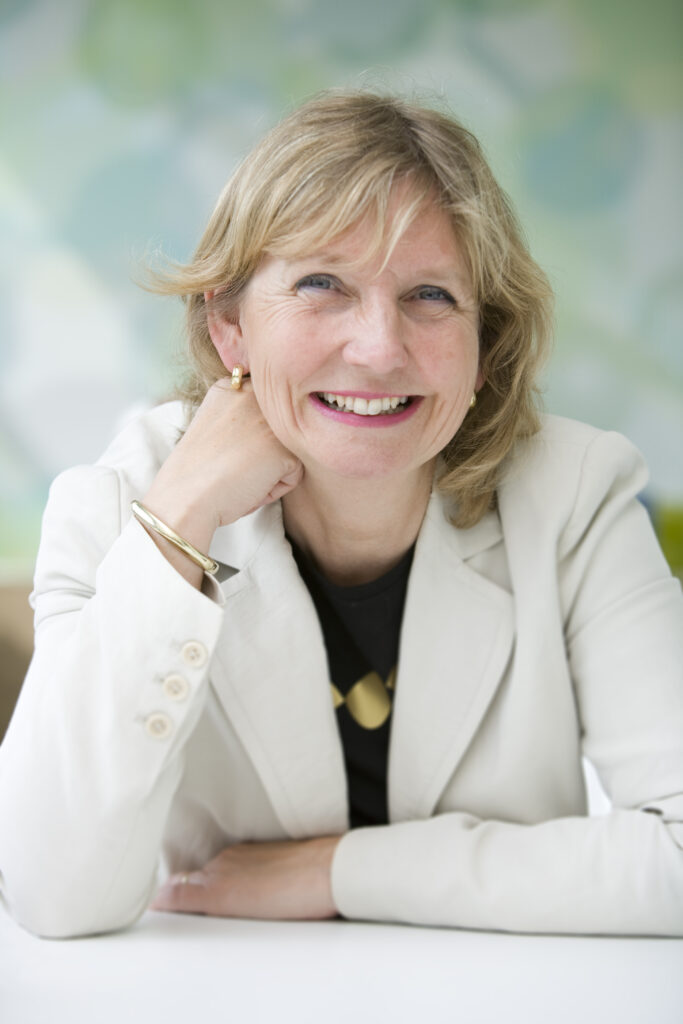
Ella Hueting, Chair of Advisory Board Eindhoven Engine
“We have received iconic project proposals that meet the call’s stringent requirements and are of high quality. In addition, I also see a balanced mix of partners representing the chain. In addition to knowledge institutions, including our shareholders Fontys, TNO and Eindhoven University of Technology, we also welcome new partners from industry and other education and research institutions in very diverse consortia.”
AUXSTENT
Unlocking mechanical limitations of synthetic heart stents with auxetic, fiber tubular scaffolds
In the fight against cardiovascular disease, stents and grafts are implanted in patients to support or repair damaged or high-risk vessels. These stents and grafts provide robust mechanical support, but do not provide tissue repair. It would be better if such implants actively promoted tissue repair and regeneration over time. The AUXSTENT project addresses these challenges and is already working on 3D-printable and bioresorbable stents that encourage and stimulate regeneration. At Eindhoven Engine, AUXSTENT will take the next step: developing a functional prototype. In this project, the focus is on combining the functional design of these stents with available engineering and materials knowledge.
Partners: Fillip Studios, TU/e
CoLLidE
Co-creation in Living Labs as impact Engine. Living labs as catalysts for circular societal impact
The CoLLidE project focuses on the market introduction of reusable food packaging. The Circulware system, developed by project partner Haval, replaces single-use food packaging with reusable and recyclable, bio-based packaging and will be applied in a living lab in this project. This will enable the use of the new packaging to be investigated from a technical, economic and social perspective. In the living lab, entrepreneurs, students, researchers, public authorities and companies will collaborate and learn together. The living lab will act as a catalyst for circular societal impact and will also investigate how a behavioral change towards food packaging can be achieved.
Partners: Fontys, Haval, Innovatiehuis de Peel, VNO-NCW, Midpoint Brabant, Avans
Direct Air Capture 2.0
Carbyon is developing technology to capture CO2 directly from ambient air (Direct Air Capture, DAC). The captured CO2 can be converted into a renewable carbon source in various ways. Net-zero solutions are made possible by using this CO2 in processes and products, such as in greenhouses to improve crop growth or for the production of renewable synthetic fuels (e.g., for aviation). Net-zero solutions involve the permanent storage of CO2 underground, for example in depleted gas fields.
During the previous Eindhoven Engine project (OpenCall 2020), Carbyon achieved breakthrough results in proving the working principles of the key components of Carbyon’s DAC solution. The current project (OpenCall 2022) aims to further develop this innovative technology and its key factors on an industrial scale.
Partners: Carbyon, TU/e, DIFFER
DynaPopeX
The concentration of nitrogen dioxide and particulate matter is still too high in the Netherlands according to WHO guideline values in 2021. In the Eindhoven region, several technical developments and research and innovation initiatives have been started in this field. As a result, a lot of information on population dynamics, such as commuting traffic and air pollution, is readily available. In DynaPopeX, this information is brought together for the first time and visualization techniques can be used to make connections to the sources of air pollution. The combination of data, location and human movements in Eindhoven makes it possible to take tangible measures to reduce the exposure of people on the street to harmful particulate matter and limit possible harm to health.
Partners: TNO, ZichtopData
PowerLift
In the Powerlift innovation project, research is being done on a sustainable battery for the electric aviation industry (eFlight). This battery not only has a long lifetime but can store an extraordinary amount of energy and delivers a lot of energy when used. Within Eindhoven Engine, PowerLift will further develop this technology into a standardized platform for the production of customized eFlight batteries.
Partners: LeydenJar Technologies B.V., Titan Batteries B.V., Wingtra AG
Smart Heat Shed
The Smart Heat Shed (smart heat storage) project addresses the rapid energy transition by combining two international breakthrough technologies, a heat façade and a heat battery. The heat facade (developed by TNO-Emergo spin-off Calosol) is an innovative, aesthetically versatile solar thermal facade collector, which effectively harvests solar energy at low outdoor temperatures. The heat battery (developed by the TNO-TU/e spin-off Cellcius) is the first completely loss-free heat storage solution. The latter is also 10x cheaper than electrical storage and much more compact than water or phase transition materials (PCM).
Partners: Cellcius, Emergo, TBRM, TNO, TU/e
WECARE
Currently, there are 55 million people worldwide with dementia. This number is expected to rise to 78 million by 2030 and 138 million by 2050 according to the WHO. There is currently no medical solution for dementia. In addition, there is a shortage of caregivers. This is putting the healthcare system under pressure. Technology should and can provide the support needed for dementia sufferers and their caregivers.
The WECARE project focuses on extending human care by applying the Warm Technology concept to interactive agents, such as chatbots and companion robots. Warm Technology ensures that this technology is made accessible and appropriate for the environment of people with dementia and their caregivers, thereby also taking this environment into account. In this project, work is being done to develop more advanced behaviors and representations in interactive agents.
Partners: TU/e, Alzheimer Netherlands, Fontys, SARA Robotics, Tinybots
Accelerating at the Eindhoven Engine co-location
In the Eindhoven Engine OpenCall 2022, projects were again invited to come up with innovation proposals that contribute to solving societal challenges. This time a team of independent experts selected the projects on the basis of predefined criteria.
“I am extremely satisfied with the result. The project proposals are of very high quality,” says Maarten Steinbuch, scientific director Eindhoven Engine. “Two current Eindhoven Engine projects, Carbyon and iHeat@Home, have even successfully submitted a proposal for a follow-up project. These projects, which are currently still in the startup phase, will grow into impactful businesses with the help of the Eindhoven Engine ecosystem.” Katja Pahnke adds: “This call once again confirms that there are plenty of technical innovations with societal impact emerging from the region. Eindhoven Engine’s co-location and cross-sector collaborations offer project partners and their innovations the place to get to market faster and more successfully.”
Funding for the 2022 OpenCall comes from the final Brainport RegioDeal. Eindhoven Engine is working hard on a follow-up to the OpenCall.
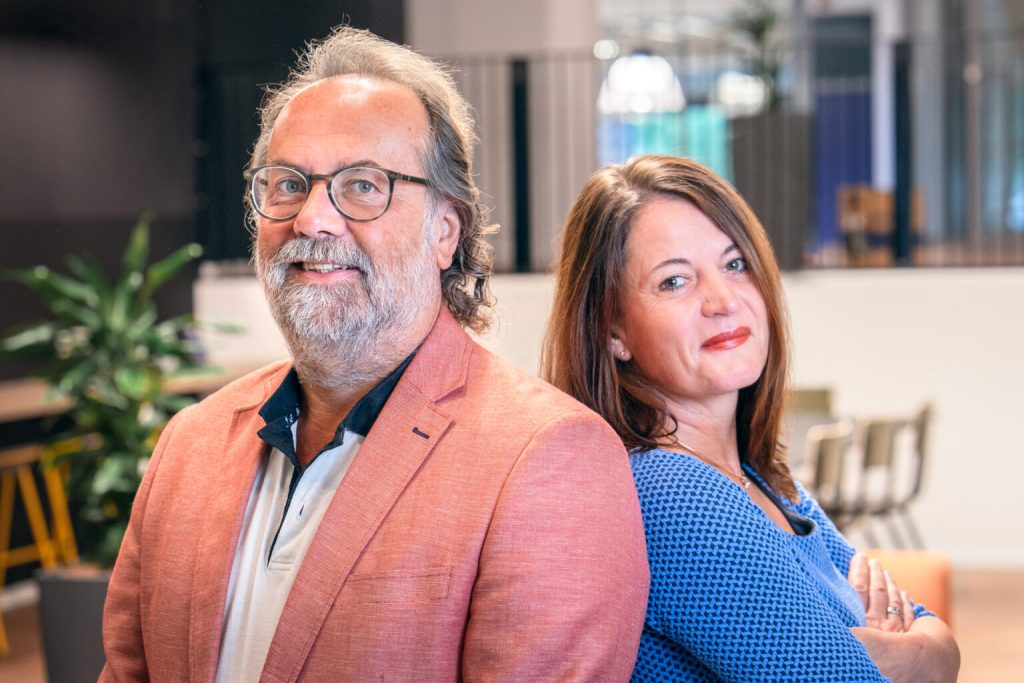
Other OpenCalls
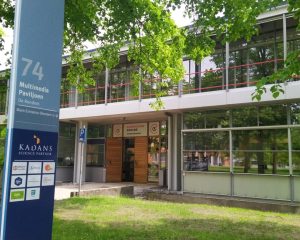
Eindhoven Engine welcomes four new innovation projects valued at over 11 million euros
